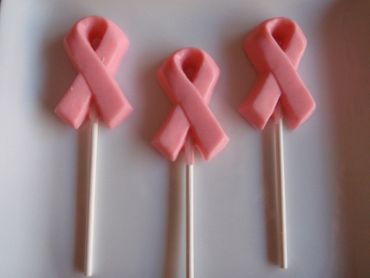
What you eat may have a lot to do with your risk of getting the disease.
A new study has indicated that a strict diet for two days a week consisting solely of vegetables, fruit, milk and a mug of Bovril could prevent breast cancer.
Women who cut back to just 650 calories a day twice a week, had significantly lower levels of cancer-causing hormones in their blood, the study found, reports the Daily Mail.
The researchers said women at high risk of breast cancer could be put on similar diets for the rest of their lives to try to prevent tumours developing.
The study examined 50 overweight women aged 30 to 45 who were deemed to have a high genetic risk of developing breast cancer, as either their mother or sister had suffered from the disease.
For two days each week, they were limited to eating just a third of the recommended 2,000-calorie daily intake for women.
This had to include four portions of vegetables, one piece of fruit, two pints of semi-skimmed milk and either green tea, a diet soft drink or a salty beverage such as a cup of hot Bovril. For the remainder of the week they were allowed to eat as much as they wanted, as long as they stuck to healthy food that was relatively low in fat.
After six months scientists found that the women had far less leptin and nsulin in their blood -- hormones that can cause cancer.
Leptin fell by an average of 40 per cent and insulin by an average of 25 per cent.
The women also lost an average of a stone in weight and recorded a 15 per cent drop in levels of the potentially harmful C-reactor protein, which is also known to increase the risk of breast cancer, in their blood.
Another 50 women were put on a diet in which they were restricted to 1,500 calories every day and told to avoid sugary foods, fatty meat and excessive alcohol.
These women also had fewer cancer-causing hormones in their blood six months later, but insulin had fallen slightly less than in women on the two-day-a-week diet.
But the scientists behind this latest study believe that the two-day-a- week diet could be even more effective than general dieting.
They say that when the body is deprived of food the amount of sugar reaching breast cells decreases, which may result in them dividing less frequently and turning cancerous.
The research was published in the International Journal of Obesity.
Photograph: Wish Upon A Cupcake/Wikimedia Commons





